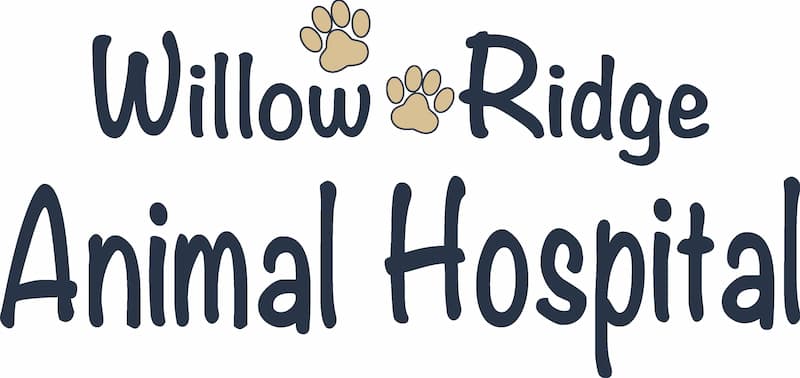December abounds with holiday celebrations, but nothing can spoil good cheer like an emergency trip to the veterinary clinic. These tips can help keep your winter holiday season from becoming not-so-happy – for your pet and for you.
By now you know not to feed your pets chocolate, and anything sweetened by xylitol. Make sure to keep your pets away from the table and unattended plates of food, and be sure to secure the lids on garbage cans.
Fatty, spicy human foods, as well as bones, should not be fed to your furry friends. Pets can join the festivities in other, fun ways that won’t lead to costly medical bills.
Mistletoe, especially the berries, is highly toxic, can cause stomach upset, and has the potential to cause fatal heart problems.
Tinsel can add a nice sparkling touch to the tree, but make sure you hang it up out of your pet’s reach. Ingesting the tinsel can potentially block their intestines, which is generally only remedied through surgical means.
Do not put lights on the tree’s lower branches. Not only can your pet get tangled up in the lights, they are a burning hazard. Additionally, your dog or cat may inadvertently get shocked by biting through a wire.
As you count down to the new year, please keep in mind that confetti can get lodged in a cat’s intestines if ingested, perhaps necessitating surgery. Noisy poppers can terrify pets, and can also cause possible damage to sensitive ears. And remember that many pets are also scared of fireworks, so be sure to secure them in a safe, escape proof area as midnight approaches.
Did you know? Holly, mistletoe, and poinsettia plants are poisonous to cats and dogs. If you normally use these plants to decorate your home, they should be in an area your pet cannot reach.
Ornaments need to be kept out of reach too! In addition to being a choking and intestinal blockage hazard, shards from broken ornaments may injure paws, mouths, or other parts of your pet’s body.
For those buying a live Christmas tree this year, keep the area free and clear of pine needles. While they may not seem dangerous, the needles can puncture your pet’s intestines if ingested.
Prevent your pet from drinking water in the tree stand if you have added preservative chemicals. These can be poisonous to pets. Also, stagnant water may contain bacteria, which may lead to vomiting and diarrhea if ingested.
Make sure those cords are well secured so your pet doesn’t make a chew toy out of them. Consider using cord containers or running them through PVC piping to avoid having your pet chew on them when you are unable to supervise.
Never allow your dog to walk on a lake or pond that looks frozen. The appearance of ice can be deceiving, and pets can fall through and drown.
Continue using monthly flea, tick, and heartworm preventatives. Pets should take these preventatives year-round. Remember, it’s often easier and cheaper to prevent parasites than treat them when a pet’s infested or infected.
When the weather cools, cats like to sleep near a warm car engine, curling up on or under the hood. So be sure you know where your cat is and honk the horn before starting your car.
Antifreeze can be lethal. It tastes sweet to pets and contains ethylene glycol, a toxic agent. So always clean up after any antifreeze if it spills. Contact your veterinarian immediately if you suspect your pet has consumed antifreeze.
Rock salt, used to melt snow and ice, can irritate paw pads. Clean pads thoroughly after a trip outside.
Uneven, icy surfaces can slash dogs’ paw pads, so keep your dog on a leash or dress him in canine booties.

